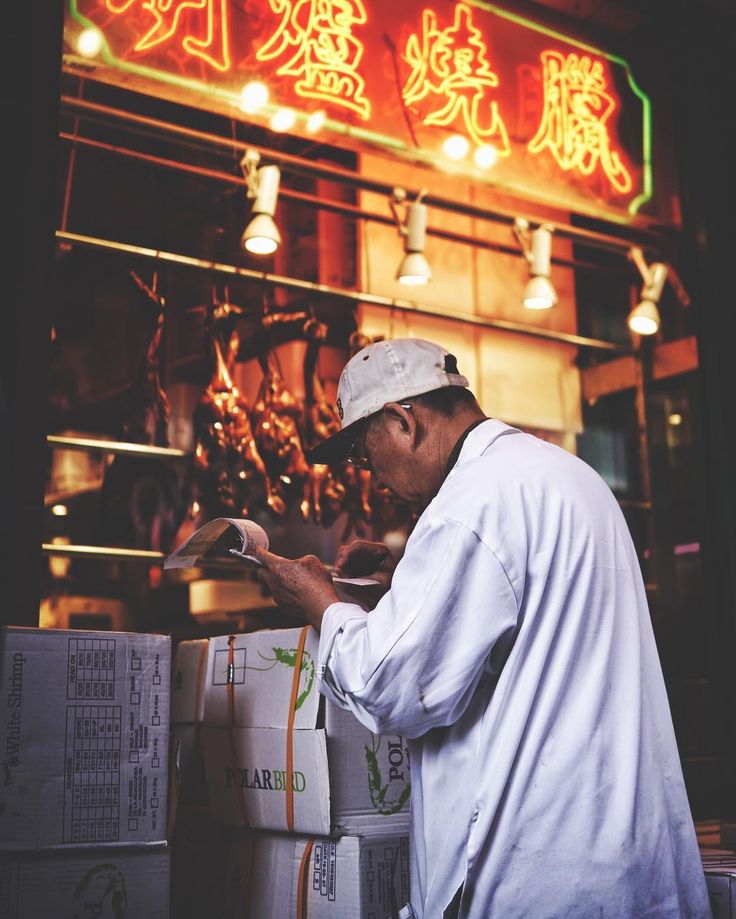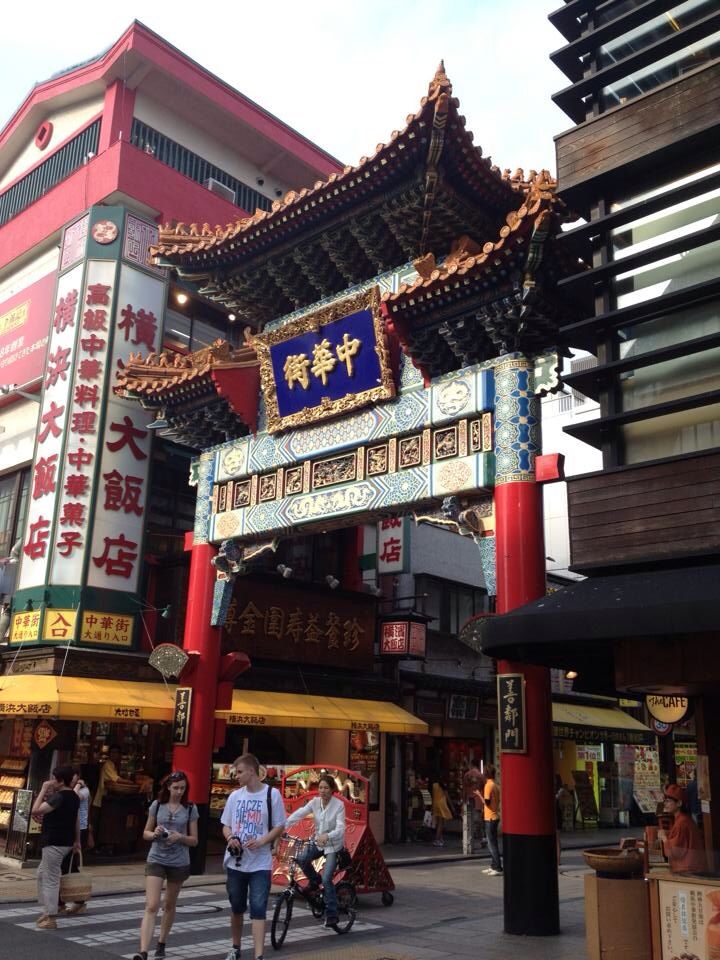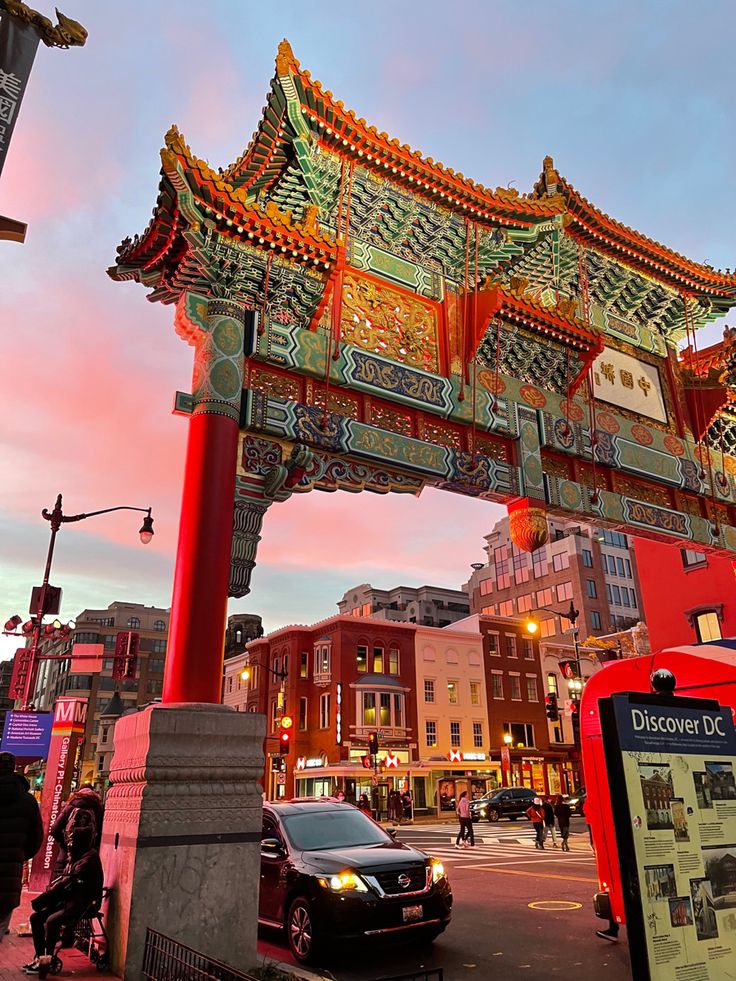Introduction: Why Focus on Chinatown Hawker Leftovers Consumption?
In the heart of bustling cities, few places capture the spirit of local flavors like Chinatown hawker centers. Yet behind the sizzle of hot woks and the hum of eager diners, an important eco-friendly conversation brews—chinatown hawker leftovers consumption. Every plate left unfinished at a hawker stall carries an environmental weight that few pause to consider. Wastefulness damages not only the environment but also disrespects the labor, culture, and tradition invested in each meal. Understanding this topic helps shape a greener and more mindful dining culture.
Table of Contents
What Exactly Is Chinatown Hawker Leftovers Consumption?
Chinatown hawker leftovers consumption refers to how leftovers generated at these vibrant food stalls are handled, minimized, or sometimes even creatively reused. In many cases, food waste stems from over-portioning, unplanned dining habits, or simple disregard for leftovers. Hawkers prepare dishes with love and effort, but when diners fail to finish their meals, a cycle of unnecessary waste begins. Addressing chinatown hawker leftovers consumption sheds light on how important sustainable dining practices truly are.
Why Should We Care About It?
Every morsel wasted contributes to larger issues like overflowing landfills, increased greenhouse gas emissions, and resource depletion. Chinatown’s hawker centers, famous for their affordable, diverse offerings, serve thousands daily. Imagine the cumulative effect if even 10% of diners left a portion of their food uneaten. The numbers quickly become staggering. By caring about chinatown hawker leftovers consumption, diners directly support eco-friendly initiatives, preserve local food heritage, and promote mindful eating practices.

How Hawker Centers Are Innovating
Many hawker stall owners are stepping up to curb leftovers. Some stalls now offer customizable portion sizes, letting customers choose smaller servings at reduced prices. This simple adjustment significantly impacts chinatown hawker leftovers consumption by aligning food portions with appetite levels. Other stalls encourage diners to bring their own containers, creating a positive culture around taking leftovers home instead of wasting them.
The Eco-Friendly Solutions at Play
Reducing food waste at Chinatown hawker centers requires more than awareness; it demands action. Here are some eco-friendly solutions already making a difference:
- Smaller Portions: Many stalls now offer half-sized dishes for lighter appetites.
- Leftover Packs: Diners are encouraged to pack their unfinished meals, normalizing the practice without stigma.
- Donation Initiatives: Certain non-profits collect untouched surplus food at day’s end, redistributing it to those in need.
- Composting Programs: Leftover organic waste gets composted rather than dumped into landfills.
Each method tackles chinatown hawker leftovers consumption creatively while protecting the environment.
The Role of Diners in Change
Change begins with each diner. Ordering only what you can realistically finish plays a key role in reducing hawker leftovers. Being open to sharing plates, requesting smaller servings, and consciously deciding against over-ordering significantly minimizes waste. Diners hold immense power in driving down chinatown hawker leftovers consumption simply by making thoughtful food choices.

Challenges in Reducing Chinatown Hawker Leftovers Consumption
Despite rising awareness, some challenges persist. Busy hawkers often prioritize speed and volume over custom portioning. Language barriers or cultural hesitations sometimes deter diners from asking for smaller servings. Moreover, social perceptions around leftovers still pose an obstacle. Some diners fear looking ‘cheap’ or ‘ungrateful’ by packing up unfinished meals. These challenges highlight that while progress is happening, a complete transformation requires collective effort.
How Leftover Management Reflects Cultural Respect
Wasting food dishonors not only the cook but also the culinary traditions woven into each dish. Chinatown’s hawker foods often represent recipes handed down through generations. Understanding chinatown hawker leftovers consumption means acknowledging the cultural craftsmanship behind every plate. Mindful eating connects diners to heritage, showing respect by valuing each ingredient and the work that transforms it into a meal.
Is Leftover Consumption Safe?
Safety around leftovers often comes up. When properly handled—sealed promptly, stored at safe temperatures, and consumed within recommended times—leftovers are perfectly safe. Hawker stalls promoting leftover packing often provide clear guidelines, ensuring customers know how to enjoy their food later without risk. Education around food safety strengthens the eco-friendly efforts behind chinatown hawker leftovers consumption.

Looking Ahead: The Future of Hawker Dining
The future of Chinatown hawker dining looks promising. Younger generations, raised with stronger eco-consciousness, are more willing to embrace leftovers and sustainable practices. Technology may further assist; apps connecting diners to surplus food at discounted prices are already in testing stages. Community-driven movements encouraging zero-waste dining continue gaining traction. As awareness around chinatown hawker leftovers consumption deepens, hawker culture evolves into a shining example of sustainable urban eating.
Also read: Snowbreak Locate Uninterruptible Power Supply: The Essential Eco-Friendly Power Solution
Final Thought: A Small Step, A Huge Impact
Small actions, like finishing your plate or packing your leftovers, might seem minor. Yet, when practiced by thousands every day across Chinatown hawker centers, the positive environmental impact becomes undeniable. Focusing on chinatown hawker leftovers consumption isn’t just about reducing waste—it’s about honoring tradition, respecting food, and building a more sustainable future one meal at a time.


